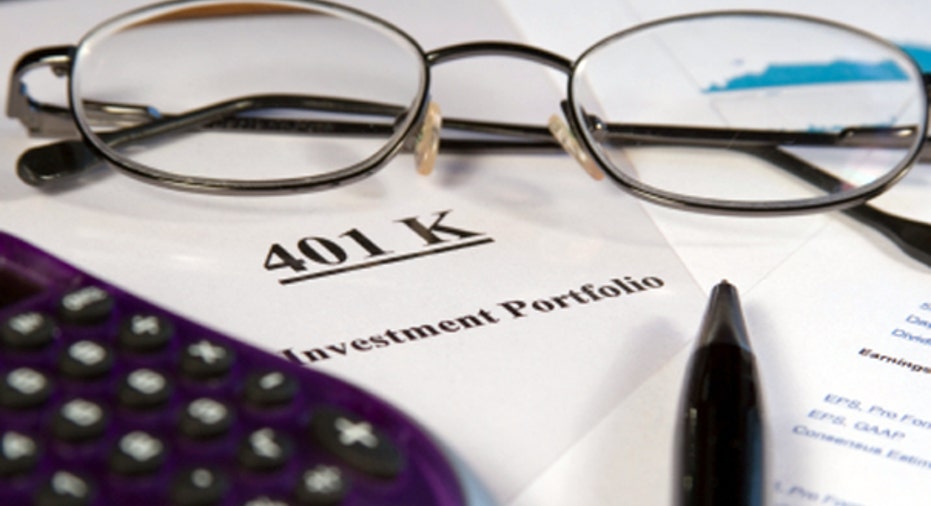Raid 401(k) to Pay Down Credit Card Debt?

Dear Dr. Don,
I have $30,000 in credit card debt along with a couple of auto loans. The car loans have low monthly payments. If I have enough in 401(k) savings to pay off the credit cards, doesn't that make sense because of the higher interest rates associated with the cards? I have a good-to-excellent credit score, but after making a couple of bad financial decisions along with the normal costs of living, I just cannot seem to get ahead. I feel if I tap my 401(k) now, I can then add a higher percentage of deductions to the plan later.
- DJ Debt
Dear DJ,
A 401(k) account held with your employer isn't a piggy bank you can crack open and raid. While some retirement plans offer in-service distributions, it isn't common. The 401(k) plan may have loan provisions allowing you to borrow against the plan, but it isn't required to have a plan loan option.
The loan option typically has to be considered first before looking at a hardship distribution. A hardship distribution is a distribution out of your 401(k) account to meet an "immediate and heavy financial need." A 401(k) plan isn't required to allow hardship distributions. Talk to your plan administrator about the availability of in-service distributions, a loan program and/or hardship distributions. Hardship distributions can only be made from the account's accumulated elective deferrals, which are your contributions to the account, not from the investment earnings on elective deferrals. Your employer's contributions to the plan may not be eligible for a hardship distribution.
Even if the plan does offer hardship distributions, the Internal Revenue Service is pretty stringent about what constitutes a hardship distribution. Getting out from under credit card debt wouldn't seem to be a hardship case. However, a retirement plan loan could do the trick.
Paying the income tax due on the hardship distribution along with the possibility of owing an early distribution penalty tax of 10% if you're younger than 59 ?? make it a very expensive proposition to raid your 401(k) plan. Employees who take a hardship distribution cannot repay it back to the plan and in most cases are not permitted to contribute to the plan for six months after the withdrawal.
You want to get to the point where you are living within your means and having enough left over to fund future life goals like retirement. Cashing out your retirement savings to pay for past spending gets you out from under your bills, but it leaves you with a big tax bill and a little short on money for retirement. Borrowing against your retirement savings at least has the benefit of forcing you to repay the loan to your retirement account.
Get more news, money-saving tips and expert advice by signing up for a free Bankrate newsletter.
Ask the adviser
To ask a question of Dr. Don, go to the "Ask the Experts" page and select one of these topics: "Financing a home," "Saving & Investing" or "Money." Read more Dr. Don columns for additional personal finance advice.
Bankrate's content, including the guidance of its advice-and-expert columns and this website, is intended only to assist you with financial decisions. The content is broad in scope and does not consider your personal financial situation. Bankrate recommends that you seek the advice of advisers who are fully aware of your individual circumstances before making any final decisions or implementing any financial strategy. Please remember that your use of this website is governed by Bankrate's Terms of Use.
Copyright 2012, Bankrate Inc.



















